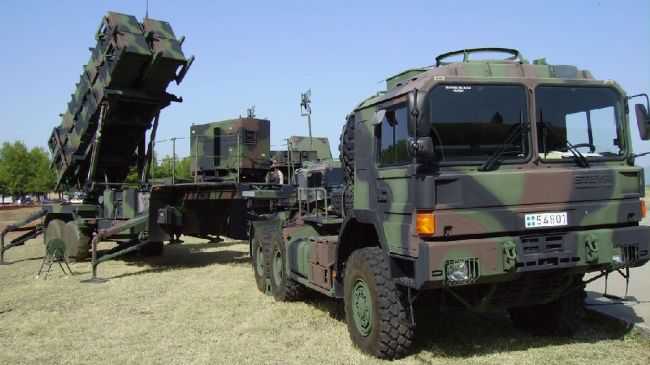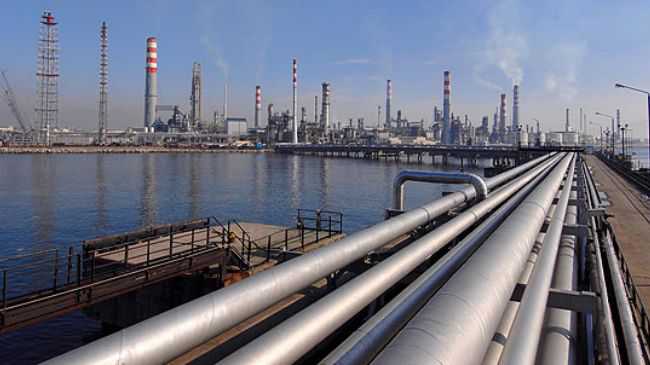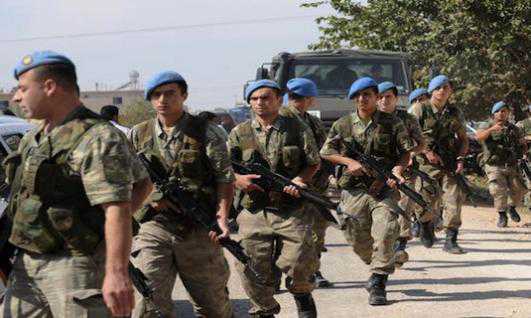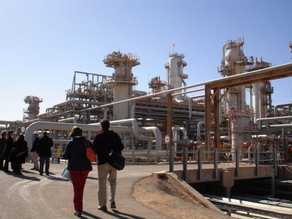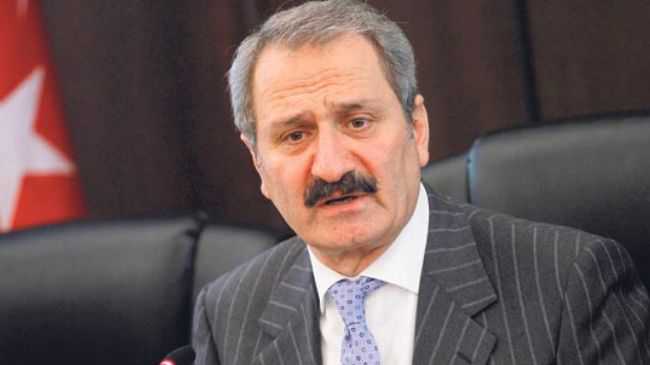At a time when many argued that democracy was incompatible with the Muslim-majority countries of the Middle East, the Turkish democratic model was always used as the ultimate example to the contrary. Developed in the backdrop of a ruthless military and a fiercely secular tradition, it provided a model that could be easily emulated by its neighbors, given similar societal composition and other commonalities that came with geographic proximity. But is Turkey the best democratic example for its neighbors to follow? The more I read about Turkey and its recent trajectory, the more I believe the answer is no.
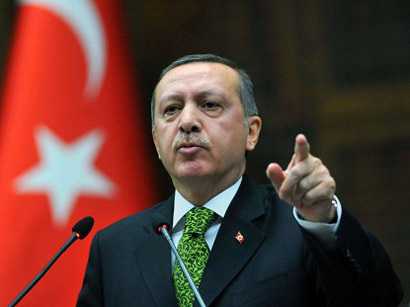
In recent years, Turkey has surely witnessed remarkable economic prosperity. The days when Turkish inflation reached double and triple digits are long gone. Its economic growth rates have been among the highest of developing countries, with such sectors as apparel, food processing and tourism booming, along with slowly falling poverty rates across the country.
In recent years, however, Turkey has also witnessed a series of political transformations moving it away from the shining democratic model many once took it to be. Minorities – whether Kurds or Christians – are increasingly being sidelined and robbed of their rights and freedoms. Freedom of speech and press are unabashedly trampled upon, hundreds of government critics are behind bars, while according to the Committee to Protect Journalists (CPJ), Turkey imprisons the greatest number of journalists in the world. Turkey’s Islamist Prime Minister Recep Tayyip Erdogan has become increasingly more autocratic, with ambitions to turn Turkey into a presidential-based form of government – as part of the ongoing redrafting of the constitution – to be able to run himself in the 2014 elections. And although the rewriting of the constitution has included all major political parties, if the so-called Constitution Reconciliation Committee (CRC) doesn’t reach a consensus on changes, Erdogan will put his own party’s proposal to a national referendum.
Turkey has undoubtedly come a long way from its days of military rule veiled behind the cover of democracy. It has hence refined itself as a better democracy than what it used to be, with a robust economy to go with it. Yet its democracy is still under test, as the ultimate challenge remains whether Islamists, whom continue to consolidate their power, will also further consolidate the democratic political system that allowed them to enter the political sphere or consolidate their own power within the system instead. This is, ironically, what many Arab post-revolution countries are experiencing themselves, albeit reached through a more dramatic transition.
Although many Arab countries, including Egypt, do not explicitly state it, they surely look at Turkey as a model to follow, but something tells me they do so more for its lessons in economic success and limited democratic model, than the more encompassing democracy we give Turkey credit for that post-revolution Arab regimes do not seem interested in anyway.
If only democracy were as easily crafted, accepted and spread as those Turkish soap operas, devoured by audiences throughout the Middle East and Arab World, maybe, just maybe, the region would be looking at a slightly more democratic future.
via What Turkish Model for the Middle East? | Eye on the East.

